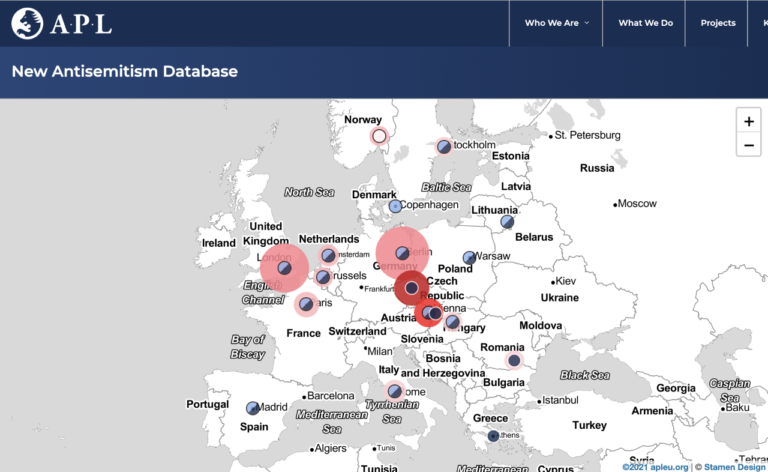Jewish American historian, Eliyana Adler, refused to accept an award from the Polish government’s history institute, claiming it suppresses Holocaust research.
Adler, an associate professor at Penn State University, received a newly inaugurated award worth $19,000 for a scholarship on 20th century Poland, the Pilecki Institute’s speciality, for her book “Survival on the Margins: Polish Jewish Refugees in the Wartime Soviet Union.” The book is “about 200,000 Jewish refugees from Poland” who, from 1940 to 1946, “ lived and toiled in the harsh Soviet interior.” The honour was to be co-awarded by the Auschwitz memorial museum, reports the Jewish Telegraphic Agency.
While appreciating the generosity of the Polish Pilecki Institute for supporting some historical scholarships of World War II, Adler argues the institution has been “involved in suppressing the work of historians who strive to show the complex and indeed tragic aspects of Poland’s wartime past.”
Historians have accused Polish governmental institutions of white-washing the country’s responsibility for its treatment of Jews during the Holocaust. A widely criticised law was passed in 2019, making it illegal to blame the Polish nation for Nazi crimes.
In a recent case, the court ruled that historians Jan Grabowski and Barbara Engelking have to apologise for their book unearthing alleged atrocities by a Polish major. Nevertheless, an appeals court overturned the ruling.
“War and occupation push humans and societies to their limits. The situation during World War II was horrific for all Poles, albeit not in equal measure. Some non-Jewish Poles, as profiled on the institute’s website, lost their lives protecting their Jewish compatriots. Others, as we know from the scholarship of Professors Jan T. Gross, Jan Grabowski, and Barbara Engelking, among others, profited in a variety of ways from the murder of their neighbours,” Adler wrote in her letter to the Pilecki Institute.
The institution is named after Witold Pilecki, a general who took part in founding the Secret Polish Army, a major resistance movement against the Nazis during World War II. General Pilecki faked his identity to enter Auschwitz, where he helped organise an uprising and gathered data on Nazi crimes.
Photo credit: Penn State College of the Liberal Arts, Department of History







